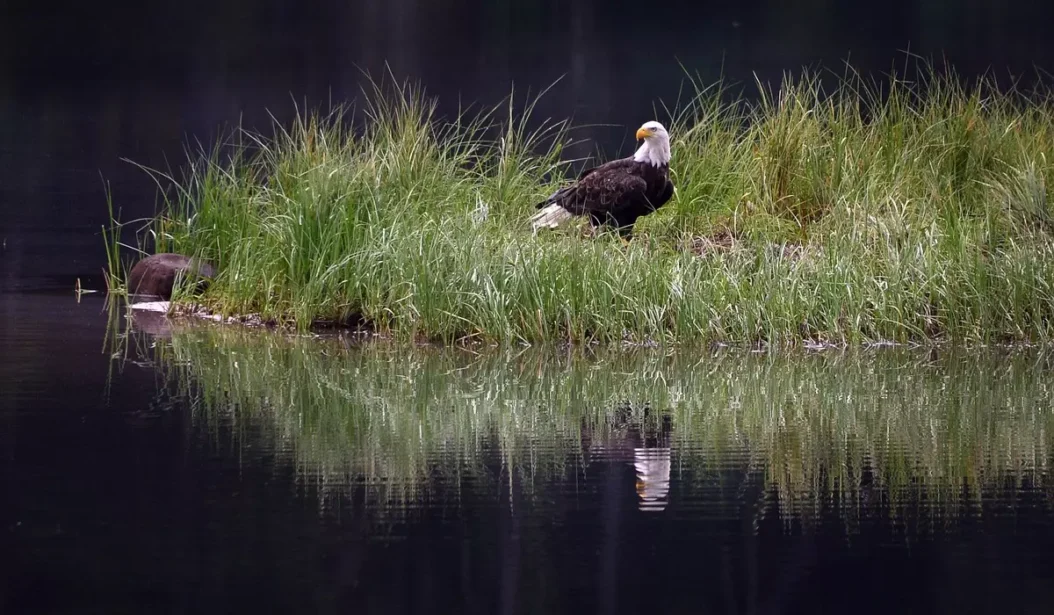Millions of hunters have already switched to copper, steel, and non-toxic metals for ammunition.
Washington D.C. — Today, U.S. Sens. Tammy Duckworth, D-Ill., and Cory Booker, D-N.J., introduced legislation to phase out the use of lead ammunition on National Wildlife Refuges. The legislation will reduce needless, incidental poisoning of millions of wild animals by lead left behind in fields, forests, and wetlands, including in the remains of gut piles in the woods peppered with fragmented lead. The Lead Endangers Animals Daily (LEAD) Act (S. 3852) will also protect hunting families who consume game meat speckled with fragments of lead that cannot be cleansed from the carcass.
“Given that there is no level of safe lead ingestion for wildlife or people, the very last place lead ammunition should be used is on federal lands specifically set aside to shelter and preserve wildlife,” said Wayne Pacelle, president of Animal Wellness Action and the Center for a Humane Economy.
“It is time to get the lead out of all hunting ammunition, and long past the time when it should have been eliminated on our National Wildlife Refuges, where the needs and interests of wildlife are supposed to come first,” said Dan Ashe, president and CEO of the Association of Zoos and Aquariums and the former director of the U.S. Fish and Wildlife Service. “Thanks for your leadership, Senator Duckworth.” Ashe is a lifelong hunter.

In a final rulemaking action in October 2023, the U.S. Fish and Wildlife Service announced last week that it will phase out lead ammunition on just eight national wildlife refuges out of more than 400 allowing sport hunting. The agency’s sluggish and token actions will be put into place despite the agency’s acknowledging that the “best available science” reveals that “lead ammunition and tackle have negative impacts on both wildlife and human health.” It’s precisely because of that sluggish, incomplete action that the LEAD Act by Sens. Duckworth and Booker is needed.
There are more than 500 peer-reviewed studies showing detrimental effects on wildlife, including a continent-wide effect on bald and golden eagles. A study, released in January 2022 in Science, determined that up to 47 percent of eagles had “bone lead concentrations above thresholds for chronic poisoning.” The study spanned eight years of field work and included medical examination of 1,210 bald and golden eagles across 38 states, and it was co-authored by dozens of wildlife scientists, including wildlife biologists at the Fish and Wildlife Service and just about every state fish and wildlife department. According to the study, a third of eagles had “acute [lead] poisoning.”
Lead alternatives are readily available and are comparably priced. Moreover, copper and steel ammunition outperform lead, according to many hunters. In 1991, the Fish and Wildlife Service banned the use of lead ammunition in waterfowl hunting and the results have been positive on the ecosystem. Waterfowl hunting has continued uninterrupted, lead poisoning has been reduced, and numerous species have been protected for a variety of wildlife uses. Since the implementation of the ban, researchers found that the use of lead-free shot reduced the death of mallards from lead poisoning by 64 percent, reduced lead in ducks by 44 percent, and overall saved approximately 1.4 million ducks a year.
“Congressional action is welcome, especially in the absence of serious-minded action from the U.S. Fish and Wildlife Service,” added Pacelle. “If arsenic or polonium or mercury or plutonium were abundant metals and if they had the right weight and ballistic properties for good ammunition, would we ever think about equipping hunters with any one of those elements and allowing them to go afield with them and then allow them to consume the game they kill with it?”
“On behalf of over 2,500 members of the Coalition to Protect America’s National Parks, we want to fully support the LEAD Act, which prohibits the use of lead ammunition in some units of the National Wildlife Refuge System,” said Elaine Leslie, Executive Board Member of the Coalition to Protect America’s National Parks. “While this bill does not address the use of lead ammunition or lead in fishing tackle in our nation’s most protected lands and waters of the National Park Service, it is a big step in the right direction.”
U.S. Rep. Ted Lieu introduced a companion bill to the Duckworth-Booker will. You can read that bill by clicking here.

